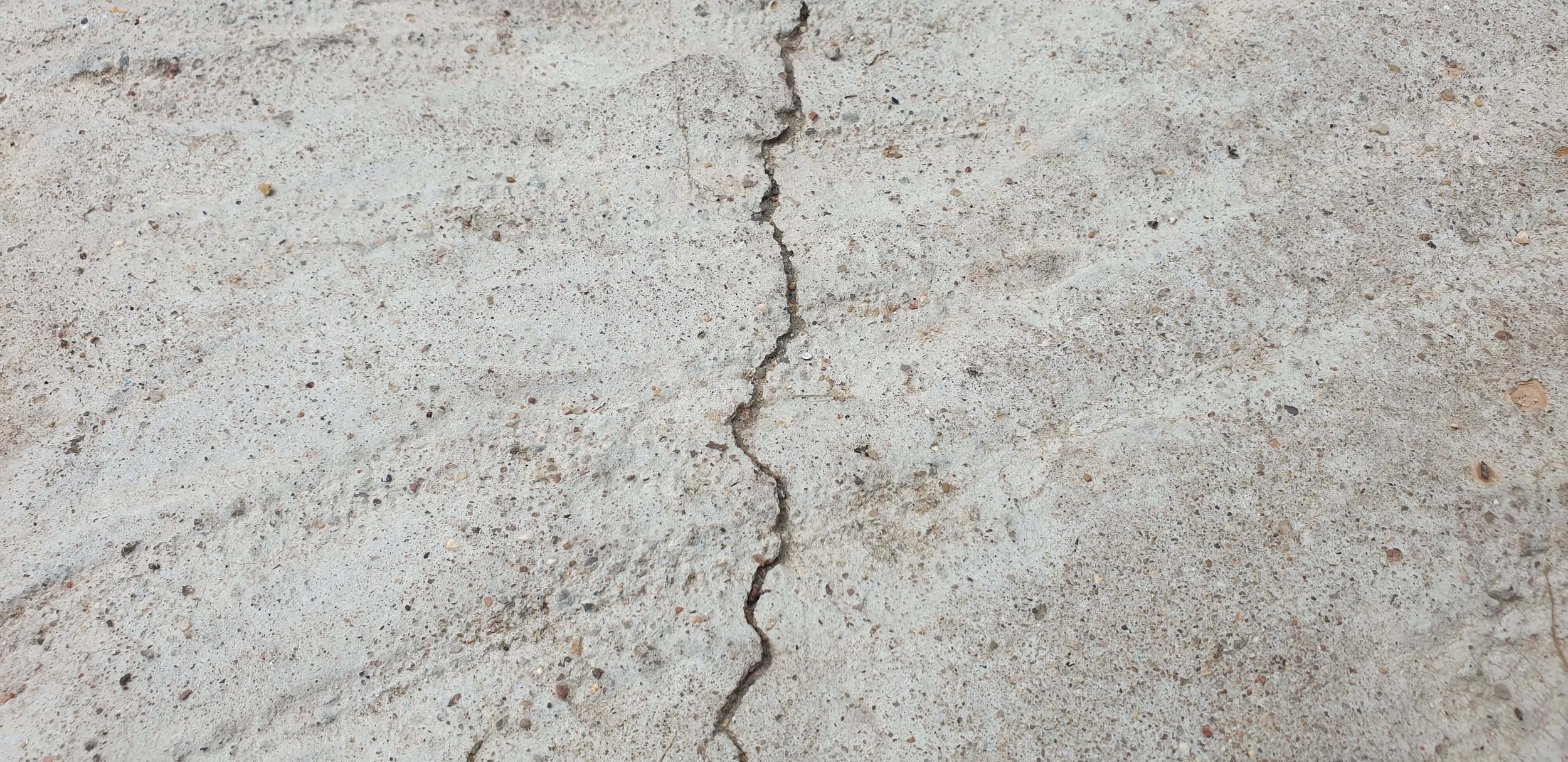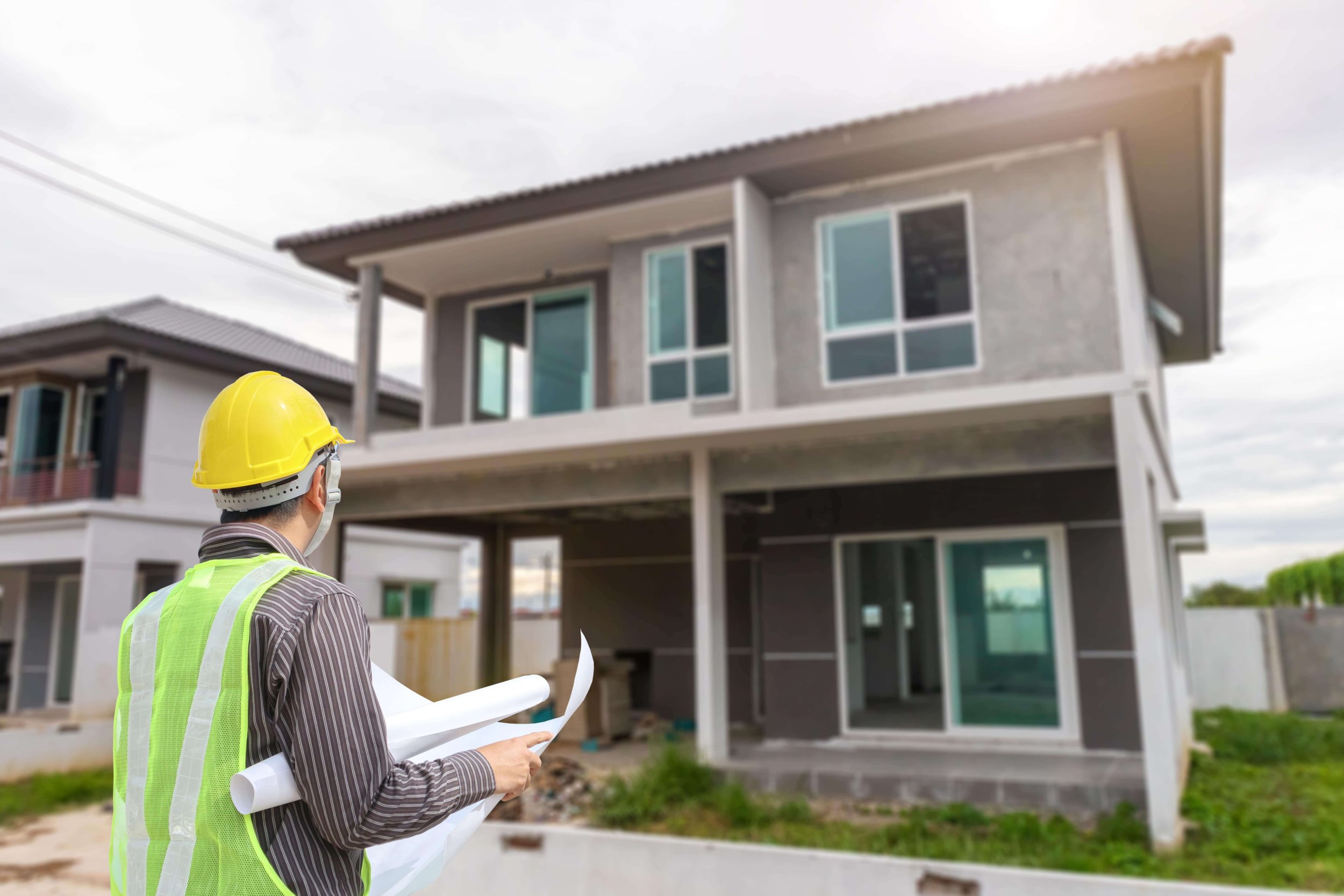Common Signs of Foundation Issues: What to Look Out For
The foundation is the backbone of any building, and it's critical to keep it in good condition to ensure the safety and stability of your structure. Foundation issues are no joke, and if left unaddressed, they can lead to serious structural damage. In this blog post, we will discuss everything you need to know about foundation issues: what causes them, how to recognize them, and when to seek professional help. We will cover common signs of foundation issues in both residential and commercial structures in Los Angeles, CA, as well as preventive measures you can take to avoid them. We will also explore what causes of foundation issues. Finally, we discuss the role of structural engineers in diagnosing foundation issues and offer tips on maintaining your foundation to prevent problems from occurring. Read on to learn more about understanding and dealing with foundation issues.
Understanding Foundation Issues
Foundation issues, if left unaddressed, can result in severe structural problems, impacting the stability and safety of your property. Early identification is key to preventing costly repairs in the future. A strong foundation is essential for the structural integrity of any building. Recognizing signs of settling foundation or sinking is crucial for timely remediation and ensuring the rest of your home remains safe and stable.
Definition of Foundation Issues
Foundation issues encompass structural problems related to a property’s base. These problems can arise due to poor soil conditions or construction issues, leading to manifestations such as cracks, sagging floors, or water intrusion. It's important to note that any structural issue connected to a home's foundation falls under the category of foundation issues, often attributed to settlement, moisture, or structural damage. Understanding the definition of foundation issues is crucial for homeowners and property managers to recognize the early signs of foundation problems, which enables timely remediation, preventing costly repairs in the future. Addressing these issues is paramount for the stability and structural integrity of any property.
What Causes Foundation Issues?
Poor drainage, excess moisture, and plumbing leaks contribute to the development of foundation issues. These problems can also be caused by erosion, termites, or wood rot. Additionally, hydrostatic pressure, settling, and foundation settlement can lead to structural problems. Excessive humidity, water intrusion, and poor drainage can all negatively impact a home's foundation. Other common causes of foundation issues include water damage, pests, and structural settlement.
Common Signs of Foundation Problems in Residential Structures
When observing residential structures, keep an eye out for diagonal cracks, sagging floors, and settling foundation, as these are clear signs of foundation issues. Additionally, indications such as a leaning chimney, uneven floors, or door frame problems may point to underlying foundation issues. Look for horizontal cracks, exterior wall damage, and manifestations of mold, mildew, or water damage, as these could all signify potential problems with the foundation. Small cracks, settlement, and structural irregularities should also raise concerns about the foundation's integrity.
Exterior and Interior Wall Cracks
Exterior and interior wall cracks play a crucial role in identifying foundation issues. From vertical cracks to tiny hairline cracks, each signifies potential problems. Cracks in exterior walls and window frames, as well as drywall damage, all suggest foundation issues. Furthermore, moisture intrusion and bouncy floors can also indicate settling foundation problems within the rest of your home.
Separation of Cabinets or Countertops from Walls
Separation issues in cabinets, countertops, and walls often indicate underlying foundation problems. Recognizing these signs is crucial for addressing structural damage. The shifting of fixtures, gaps in cabinets, and separations in countertops can all be symptoms of a settling foundation. Identifying these issues early on can save homeowners from costly repairs and the potential displacement of the rest of the home.
Squeaking or Sagging Floors
Recognizing structural sagging, uneven floors, and bouncy floors is vital. Addressing foundation problems resolves squeaking or sagging floors, preventing floor damage. Squeaking floors and structural issues may be linked. Identifying signs of foundation issues is crucial for preventing floor damage. Uneven floors may indicate settling foundation, impacting the rest of your home. Good news! Homeowners can get a free inspection.
Unusual Odors Indicating Mold or Mildew
Recognizing unusual smells, moldy odors, or mildew odors is crucial for remediation. These odors can be signs of water intrusion or settling foundation, impacting the rest of your home. Identifying and addressing these odors with a free inspection can be the next step in preventing further damage. Good news for homeowners is that polyurethane foam can be used to stabilize sinking or settling foundation walls.
Signs of Water Pooling Around the Foundation
Identifying indications of water accumulation, drainage issues, or excess moisture near the foundation is imperative. Recognition of such signs and prompt resolution is vital to prevent structural damage. Addressing these issues promptly prevents potential damage to the foundation walls and the rest of your home.
Common Signs of Foundation Problems in Commercial Structures
Recognizing structural problems in commercial buildings is crucial for safety and integrity. Foundation settlement, water intrusion, and large cracks are indicators of serious issues. Identifying these signs is essential for maintaining a secure commercial space. Timely recognition and professional inspection are necessary to address settling foundation or drainage problems. United States homeowners should seek free inspections to prevent sinking foundation or structural damage.
Large Cracks in the Walls or Floor
Large cracks in basement walls or settling foundation can be red flags. Vertical and diagonal cracks, especially at corners of doors and windows, are signs of potential settlement. Look for horizontal cracks, especially in concrete block walls. Pay attention to hairline cracks as they could indicate foundation damage. United States homeowners can get a free inspection to address these issues promptly. Good news is that polyurethane foam can be used for repair.
Nails Popping out of Drywall
If nails in your drywall are popping out, it could be a sign of settling foundation. Keep an eye on door and window frames for loose or protruding nails, as they may indicate underlying structural issues. Popped nails may be a result of foundation problems, so it's essential to address them promptly to prevent further damage.
Warped or Cracked Siding
Inspect your home for any signs of cracked or warped siding, particularly around the chimney areas. These could indicate underlying foundation issues. Pay attention to any wood rot, bulging, or sagging in the siding as well, as these could also be signals of settling foundation or sinking. Ensuring the integrity of your siding is essential for the rest of your home.
Drainage Issues Indicating Foundation Problems
Addressing poor drainage is crucial to prevent excess moisture affecting the foundation. Standing water near the foundation can result in serious issues, emphasizing the importance of proper drainage. Homeowners must be vigilant about water intrusion or pooling around their home's foundation, as addressing drainage issues is essential for preventing foundation problems.
The Role of Structural Engineers in Diagnosing Foundation Issues
Structural engineers possess expertise in assessing foundation issues, evaluating structural integrity to identify signs of problems, and utilizing advanced techniques for diagnosis. Their assessments offer insights into the extent of foundation damage, which is crucial for effective resolution. Professional structural assessments by engineers are vital for accurately diagnosing and addressing foundation issues in residential and commercial structures.
Importance of Professional Inspection
When it comes to the health of your property, professional inspections are essential. These expert assessments help in early detection of tiny foundation cracks, providing a comprehensive understanding of any underlying issues. Professional inspections are crucial for accurately identifying any hidden foundation problems and taking the necessary steps to address them. This is where homeowners can get good news and the next step for their property's foundation.
How Structural Engineers Identify Foundation Problems
Structural engineers utilize advanced methods to accurately detect foundation problems. Based on structural signs, accredited engineers recognize potential issues and employ specialized tools for pinpointing problems. Their expert analysis helps understand foundation issues and ensures a thorough diagnosis. This professional approach is crucial for accurately identifying and addressing any settling foundation concerns in residential or commercial structures.
When to Seek Professional Help
Recognizing serious signs of settling foundation or sinking basement walls is crucial. Professional assistance is necessary for diagnosing and resolving foundation issues, especially when cracks exceed one quarter of an inch wide, grow rapidly, or show displacement of foundational blocks. Timely intervention by a foundation repair expert is the next step to protect the rest of your home. Good news, homeowners in the United States can get a free inspection!
Recognizing Serious Signs of Foundation Issues
Presence of mold, mildew, or unusual odors could indicate underlying foundation problems. Additionally, sagging or bouncy floors are alarming signs of a settling foundation. Pay attention to visible cracks in the foundation walls or concrete slab. Furthermore, erosion, plumbing leaks, or humidity issues can also signify serious foundation problems. Identifying these signs early can be critical for the rest of your home.
The Right Time to Contact a Structural Engineer
At the first signs of foundation problems, it's crucial to engage a structural engineer for a professional assessment of your home’s foundation. When in doubt, seek expert guidance and don’t hesitate to reach out for advice. Contact a structural engineer promptly to address settling foundation concerns and ensure the rest of your home, including basement walls and foundation walls, is secure. Good news - many engineers offer free inspections.
Preventive Measures for Foundation Problems
Regular inspections can identify foundation issues early on, while addressing drainage problems helps prevent foundation damage. Properly maintaining your home's foundation is crucial for preventing structural issues, and ensuring good ventilation in the crawl space can prevent moisture-related problems. Protecting your foundation from excess moisture is the key to preventing damage and maintaining the integrity of your property.
Regular Maintenance for Prevention
Regularly monitoring for indications of settling foundation is crucial for homeowners. Keeping a close watch on cracks in basement walls, floors, or ceilings can prevent potential issues. Maintaining consistent humidity levels throughout the home is essential to safeguard the foundation walls and the rest of your home. Additionally, promptly addressing any plumbing leaks and ensuring proper drainage around the property are vital preventive measures.
Landscaping Considerations to Protect Your Foundation
To safeguard your foundation, ensure proper yard grading for effective water drainage. Avoid planting large trees close to your home to prevent foundation damage, and consider installing a root barrier. Use mulch to maintain consistent soil moisture and watering during dry spells to prevent issues from soil shrinkage. These landscaping measures help protect your foundation from potential damage.
The Importance of Proper Drainage
Proper drainage maintenance is critical for safeguarding your home's foundation. It involves installing gutters and downspouts to redirect water, ensuring the yard slopes away from the house, and using a French drain system to manage excess moisture. Consistent monitoring and maintenance of the drainage system are essential for preventing foundation problems.
Are There Any Specific Signs of Foundation Issues for Buildings in Los Angeles, CA?
Buildings in Los Angeles, CA are vulnerable to foundation issues due to seismic activity. Specialized expertise is required to diagnose and address these problems. Signs may include cracks in concrete slab floors. Consulting with a foundation repair expert familiar with the area is crucial for effective solutions.
Need a Professional Foundation Inspection? Contact The Sterling Watson Collective
If you suspect foundation issues in your residential or commercial structure, it is important to take action promptly. Ignoring the signs can lead to more severe damage and costly repairs down the line. It is crucial to involve a structural engineer for a professional inspection and diagnosis. They have the expertise to identify and assess foundation issues accurately. If you notice any of these signs, don't hesitate to contact us here at The Sterling Watson Collective for proper guidance and assistance. Our structural engineers specialize in construction, engineering, property development, and premium skilled labor services. For more information or to schedule a consultation, feel free to reach out to us.
FAQs
-
Common signs include visible cracks in walls, uneven floors, and doors/windows that no longer close properly, serving as early warnings of potential foundation problems.
-
Foundation issues can result from various factors, including soil-related problems such as expansive clay, inadequate drainage leading to water damage, and subpar construction practices compromising the structural integrity.
-
While not uncommon, the prevalence varies. It's essential to be vigilant and address any potential signs promptly to prevent further structural damage.
-
Yes, proactive measures like proper drainage, regular maintenance, and addressing water-related issues can significantly reduce the risk of foundation problems in residential and commercial properties.



